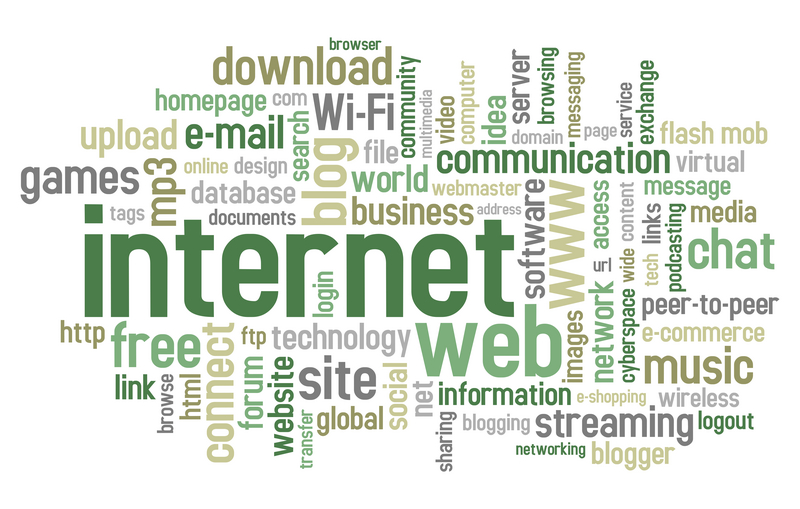By
AMANDA GLANCY
In recent months, the internet and social media’s more negative aspects have been put under unprecedented scrutiny.
While unfortunate stories about cyberbullying, grooming and trolling have been commonplace over many years, what’s different now is the extent to which the companies behind various social media platforms are very pointedly being held responsible for the impacts and outcomes of, essentially, their products.
Internet giants like Facebook are becoming more responsive to the issue and public concerns. Just last week, Facebook’s COO Sheryl Sandberg noted:
“What the data shows is not all interactions in social media are equally good for people in terms of their psychological well-being.”
The company has also previously acknowledged research indicating high levels of usage of social media can lead to depression and feelings of isolation.
Internationally, and to a growing degree nationally, greater cooperation between internet companies, State institutions and lawmakers is beginning to develop. In Ireland this week, many of these stakeholders will come together as part of a Department of Communications initiative to explore further ways to deepen these relationships.
The free speech argument
To internet and free speech purists, the idea of the Government policing the internet and social media will likely be regarded as a negative development.
The extent to which anyone has a right to free speech in the purest form, with no restrictions, is a conundrum which is certainly not new.

Long before the internet was even conceived, most democracies took the view that the public, while entitled to a right of free speech, could only exercise it unfettered if it was not causing harm to others.
As social media has exposed large numbers of people to potentially ‘harmful’ content, little wonder that policy- and law-makers are now stepping in to seek to more actively police it.
Last month, Sinn Féin tabled the ‘Digital Safety Commissioner Bill’to establish an office tasked with promoting a safe and positive online experience for all.
The Minister for Communications has signalled that the Government will not oppose the Bill, although they will seek to amend it considerably.
Practical solutions
Across the political arena, there is significant political support for greater oversight and regulation of the internet, with many—including the Minister for Communications Denis Naughten—favouring the Australian model of an ‘eSafety Commissioner’.

In order to progress this issue, the Government has committed to developing an action plan as the foundation from which to develop legislation to put such an ‘Internet Safety Commissioner’ into operation.
Would this Australian model work for Ireland? The remit of Australia’s eSafety Commissioner includes providing a complaints service for young Australians who experience serious cyberbullying, identifying and removing illegal online content, and tackling image-based abuse.
While the latter functions correspond to an active policing role, the office also helps to educate Australians about online safety,including young people, women, teachers, parents and community groups.
Future considerations
Some have criticised the ability of Ireland’s hypothetical Internet Safety Commissioner to take down offensive content, much of which is hosted outside of the country.
While this is a completely valid point, it’s worth considering how the existence of a dedicated public-facing body armed with legal enforcement powers and public resources could be an asset.

Before we start to map out what the office would do, even the basic issue of what department it would sit under has yet to be determined. That’s not surprising. Responsibility for online activity, in all its facets, is currently spread across six departments, with no one lead department, much less a dedicated ‘Minister of State for the Information Society’.
Key to the Internet Safety Commissioner’s success are solid definitions of its role, responsibilities and powers. So, too, is its capacity to remain dynamic and ability to respond to changes in real time, matching the fast pace of technological innovation and development.
To start, Ireland, like Australia, will no doubt be feeling its way through a new area of public service. Mistakes will likely be made.But does that take away from its capacity, over the longer term, to play a valuable role in safer use of the internet for all?
AMANDA GLANCY
Amanda is Head of Policy and Healthcare Strategy at PR360. She develops comms plans that are underpinned by strategic and policy considerations and achieve meaningful change. Her greatest strength is her ability to speed read, honed by many years of scanning newspapers for client coverage.

